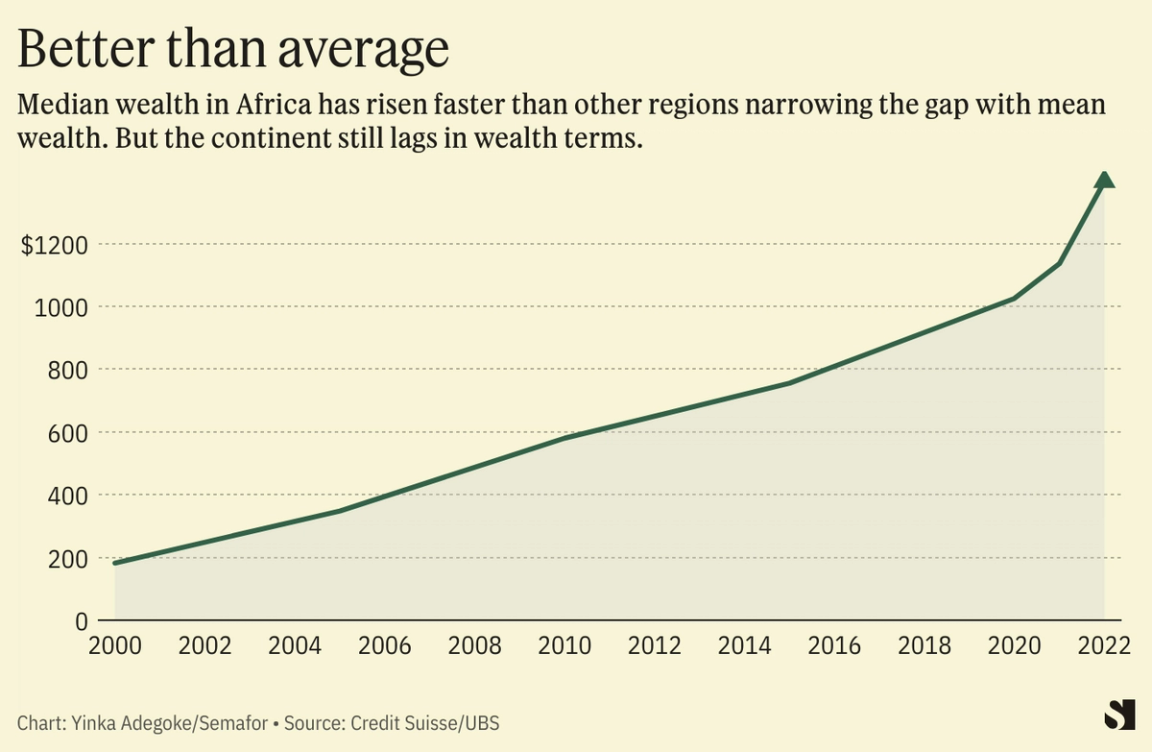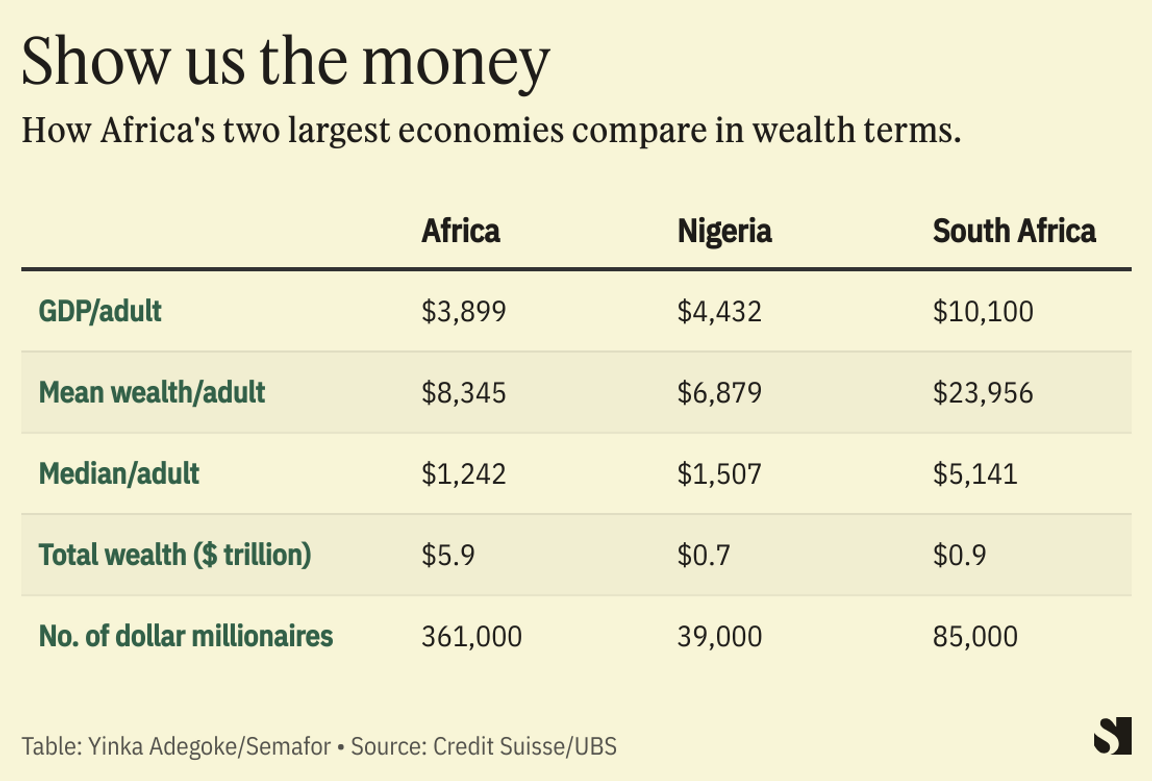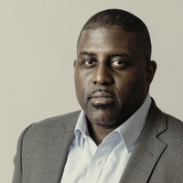Last year was the first since 2008’s global financial crisis that the world saw a fall in net global household wealth, according to the latest Credit Suisse Global Wealth Report. The downturn was driven by inflation, rising interest rates and currency depreciation. But Africa bucked that trend and saw a marginal improvement in wealth accumulation of 1.5% to $5.9 billion. However, if you measure the gains against population growth that turns it into a decline of 1.3% per adult. Given the respective slowdowns in Africa’s largest economies in 2022, it is perhaps not surprising that wealth accumulation has slowed. What is perhaps less intuitive, according to Credit Suisse’s estimates, is that there has been a reduction in inequality across the continent over the last couple of decades given the increase in median wealth per adult which has narrowed the gap with mean wealth per adult.  But, undoubtedly, many Africans would not feel that is the way things are playing out, certainly not in Nigeria and South Africa where the data would appear to support that feeling. Both economies have been sluggish for most of the last decade and that seems to have exacerbated already high inequality in both countries. By the end of 2022, the Gini coefficient for wealth — a measure of inequality in countries — was at 86.5 in Nigeria and 88.8 in South Africa, up from 72.1 and 80.4 in 2000, respectively. It is estimated the share of wealth of the top 1% in Nigeria was up to 44.5% from 28.3%. South Africa’s top 1% saw a less sharp rise to 42.2% from 39%, while low wealth groups have seen a steeper decline during the period.  The number of dollar millionaires on the continent rose to 361,000 by the end of 2022 compared with 32,000 in 2000, according to analysts Rodrigo Lluberas and Anthony Shorrocks who are referenced in the report. They forecast that there will be 768,000 African millionaires on the continent by 2027. That represents a growth rate of 113%, which would be the fastest creation of millionaires anywhere in the world. Though impressive, it’s worth noting China is expected to have a growth rate of 112% to reach more than 13 million millionaires in the same period. | 







